We get a lot of inquiries from our roofing clients about unusual noises coming from their roofs. Residents are most likely to hear cracking and groaning noises from their roofs or attics at night. It's possible because they're particularly likely to be upstairs when no other noises are going on in the house. Why do roofs in Central Florida crack?
The good news is that, unless you live in an exceptionally old home or have a lot of weight in your attic, the sounds are almost certainly nothing to worry about—attics making creaking and cracking noises that can occasionally become quite loud are very typical. What you're hearing isn't a sign that the roof has broken or been damaged, or even that the roof is going to collapse.
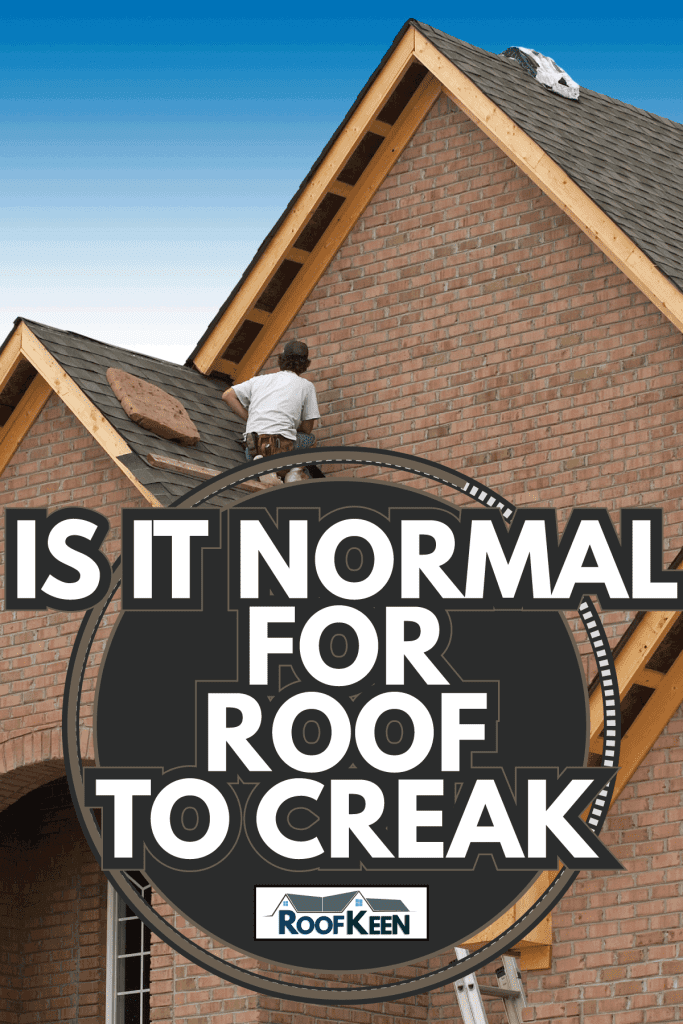
The story behind the sounds
So, if the sound you're hearing isn't your roof preparing to collapse, what's causing those noises that sound like something out of a 1990s horror movie?
It's quite common for a wooden roof to shiver as a result of fluctuations in air temperature. Moisture can collect on some of the roof sheathings and, as the air temperature rises or falls, it can cause certain timbers to expand or compress, causing the groaning noise you hear. The reason you hear it particularly at night is because the roof space cools down as the sun sets, allowing for the formation of condensation. It's quite normal for wood to make a loud cracking sound as it adjusts to the new air temperatures, which is especially apparent when the room is first being aired and conditioned. The wood shrinks as the space cool.
Some ventilation systems, on the other hand, can help to stop a bit of the creaking you hear by keeping the attic at an even temperature. It's also useful for keeping that attic temperature more stable during the summer, which can help you save money on your air conditioning bills.
However, in most houses, the attic is not properly ventilated because of the lack of appropriate openings. Many of these vents are passive as they are controlled by the air around them. Grille vents, as well as flat and turbine vents, are good examples. Ceiling fans and exhausts are classified as "active ventilation" devices, which include crisscrossing dimple ceiling fans.
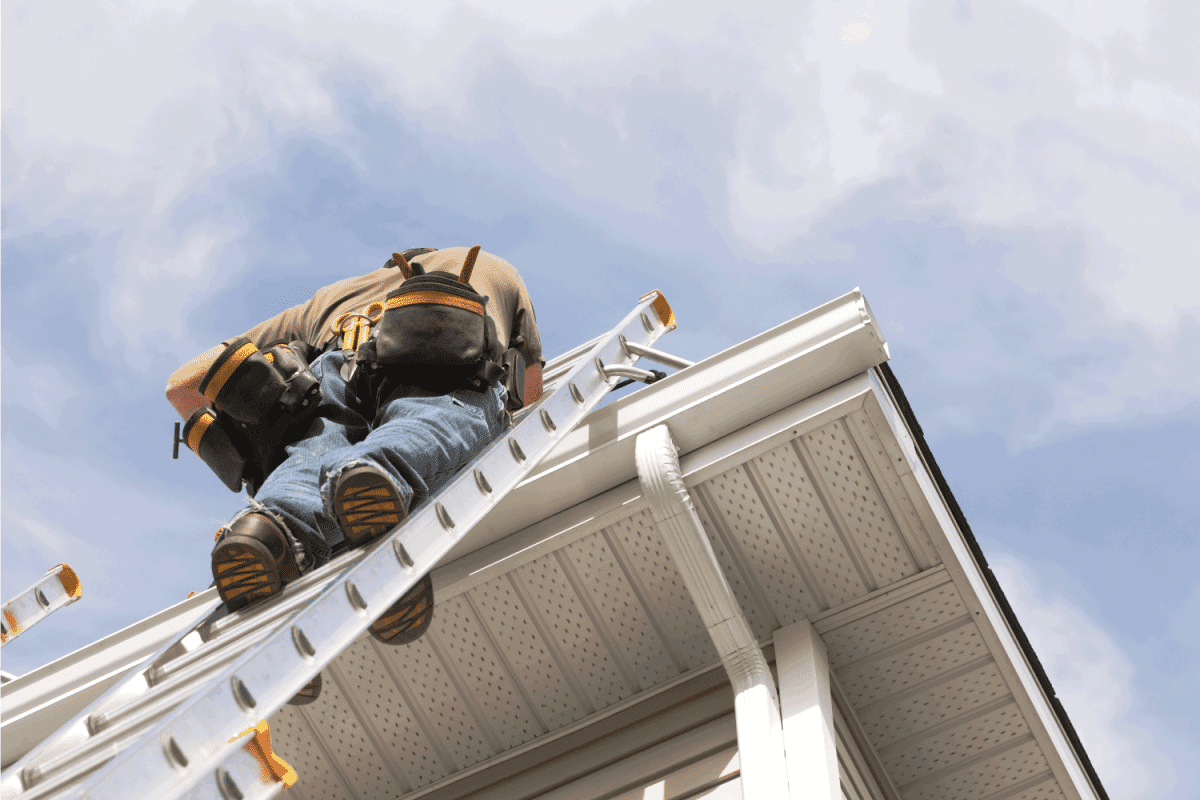
A decent ventilation system
A decent ventilation system will help you extend the life of your roof, making it more pleasant and preventing mold and fungus growth. The use of a dehumidifier in your heating, ventilation, and air conditioning system is essential. It's also called an air conditioner (a/c) humidifier because it can prevent a lot of the condensation that builds up when the space is frequently heated and cooled, particularly if there's limited ventilation. Even a fantastic ventilation system may not fully eliminate the creaking and cracking noises you might hear at night.
Finally, while it's always a good idea to improve your attic and roof ventilation, You shouldn't worry too much if the cracking noise on your Central Florida roof is getting increasingly loud. It's just a consequence of having timbers supporting your roof.
Read more: Why Does My Flat Roof Creak
What Causes a Roof to Creak?
There are many reasons why your roof might begin to creak. Some are indications of Roof damage or potential harm, while others are far less serious. Our experts have compiled a list of the most typical reasons for a creaking roof and strange house noises to ensure you receive the services you require:
- Creaking during the night is a common occurrence. Is it just you who hears your roof creak at night? This might be due to diverse swings in temperature and humidity. Some people may hear a loud "thud" at night when their roofs are particularly cold. As roofing materials in the northern winter cool and contract slightly, there is usually some cracking during the night. The action is harmless, but it produces a slight cracking noise. Most homeowners are aware of this behavior during the spring and summer months, but it can take place at any time of year.
- Creaking in the wind. Heavy wind can produce some creaking in mainly wood-construction structures, especially those with many floors. However, if your roof creaks in light to moderate weather, or only with a gentle breeze, it's a good idea to get the issue evaluated by a professional. The sound may be a sign of a structural problem caused by age, shoddy building, or water damage.
- When on the roof, there is a lot of creaking. If you've climbed up to clear leaves or inspect a damaged shingle and hear creaking in particular places when you step in, it’s best to call a roofer. If you must assess the problem on your own, especially if the roof gives a little while you're walking on it, don't do it.
Also recommended: Why Does My Roof Creak at Night
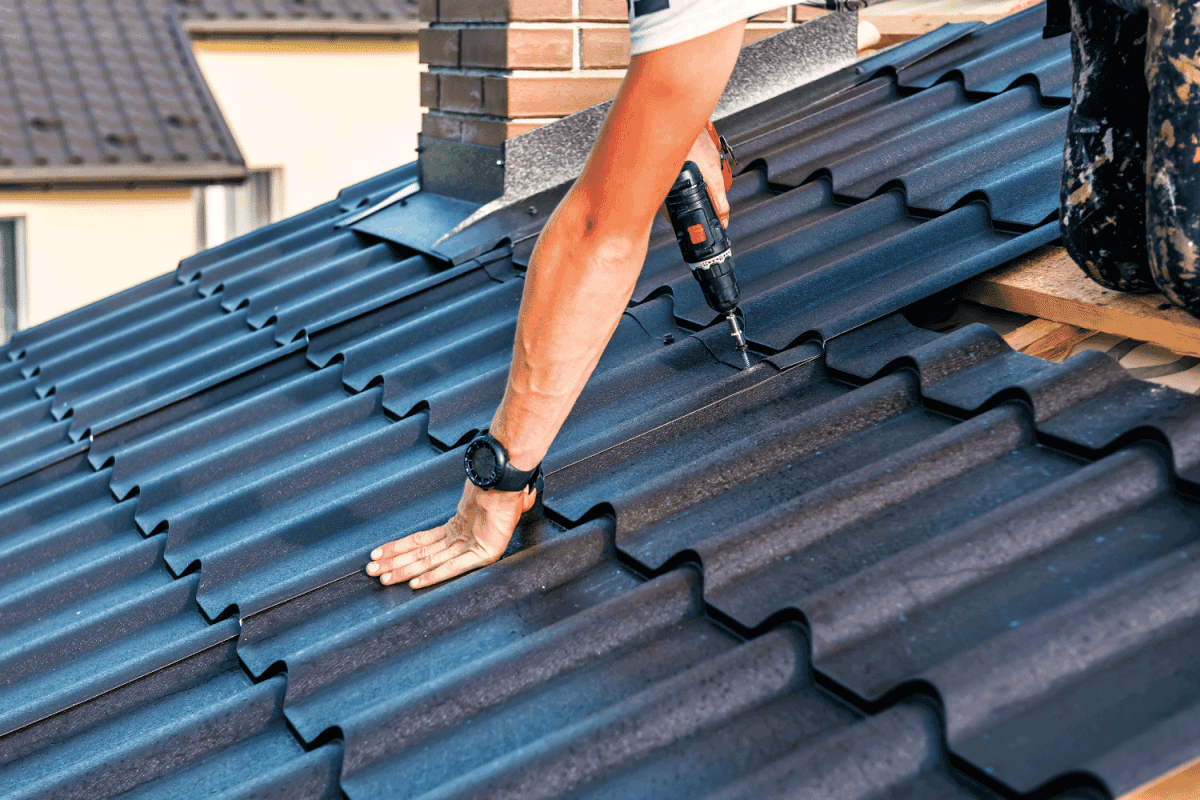
Roof cracking sounds.
- Roof cracking sounds. The occurrence is unsettling at best if you've ever heard roof cracking noises. The strange house noise, on the other hand, is a result of something completely ordinary—temperature variations in your home's interior that cause wood and similar materials to shift.
- Standing water, constant air movement and extreme temperature changes are some of the causes. If your roof just loudly creaks without obvious reasons, get a professional roofer to inspect it! If this does not happen, there is usually a reason that must be addressed right away.
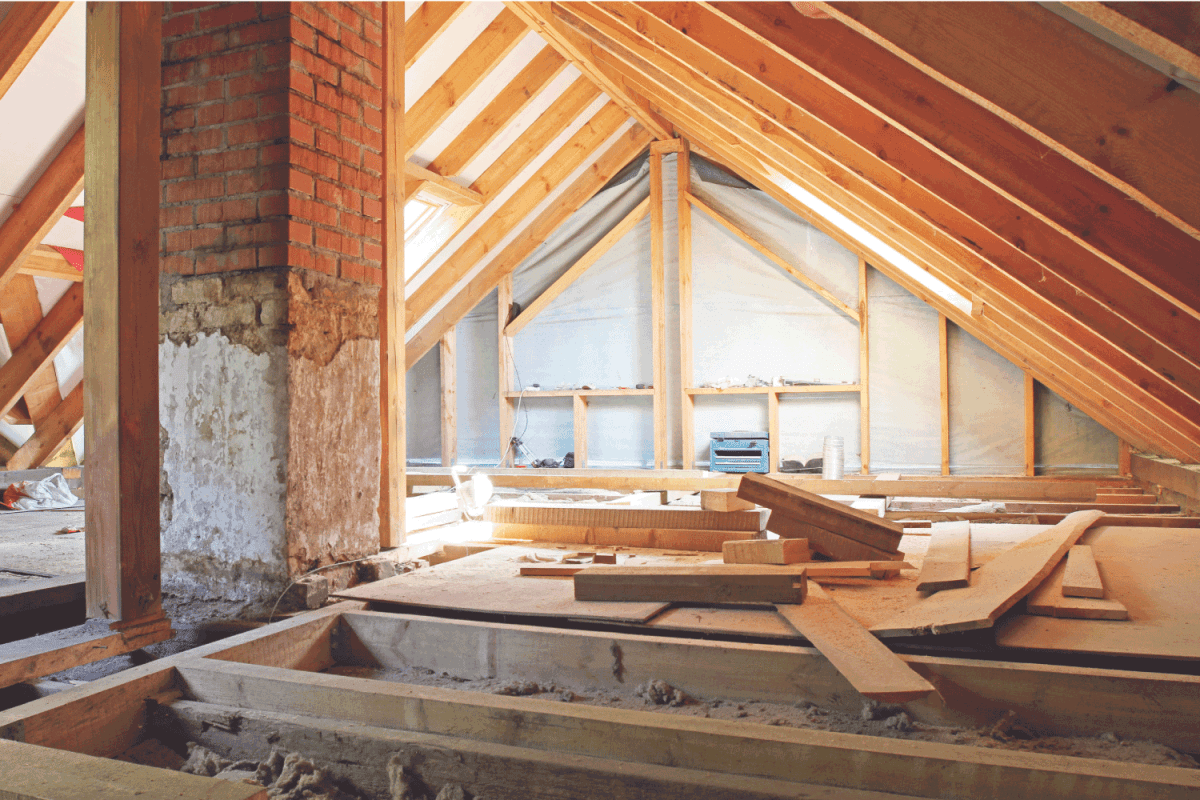
Creaking Prevention
The creaking noises you hear at night or when the temperature drops are typically no-risk types. Providing adequate ventilation in your attic may somewhat reduce these kinds of no-risk creaks. This can assist to boost energy efficiency by making temperature changes more “natural” and relaxed.
Call on a professional roofer to conduct yearly roof maintenance to avoid the dangerous causes of roof creaking. A professional can check your roof, address any potential issues, and take care of them before they become a problem! This greatly lowers the chance of your roof needing to be replaced in the future. It also protects you against high expenses associated with a roof replacement.
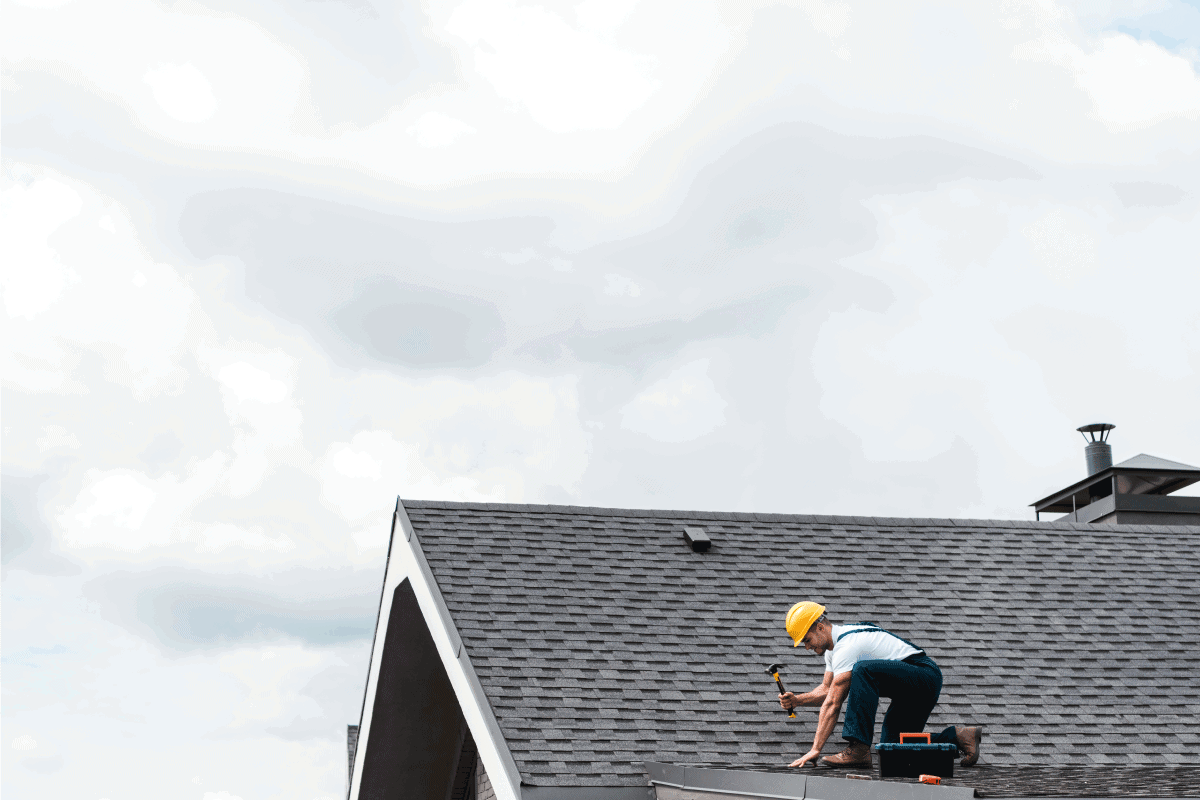
Professional Roof Repair with Shanco
We'd like to emphasize that any time you hear unusual noises from your roof or home construction, it's a good idea to contact a professional. A healthy home needs ongoing assessment and maintenance! Shanco's roofing contractors are prepared and equipped to deliver the business and residential services you need!
